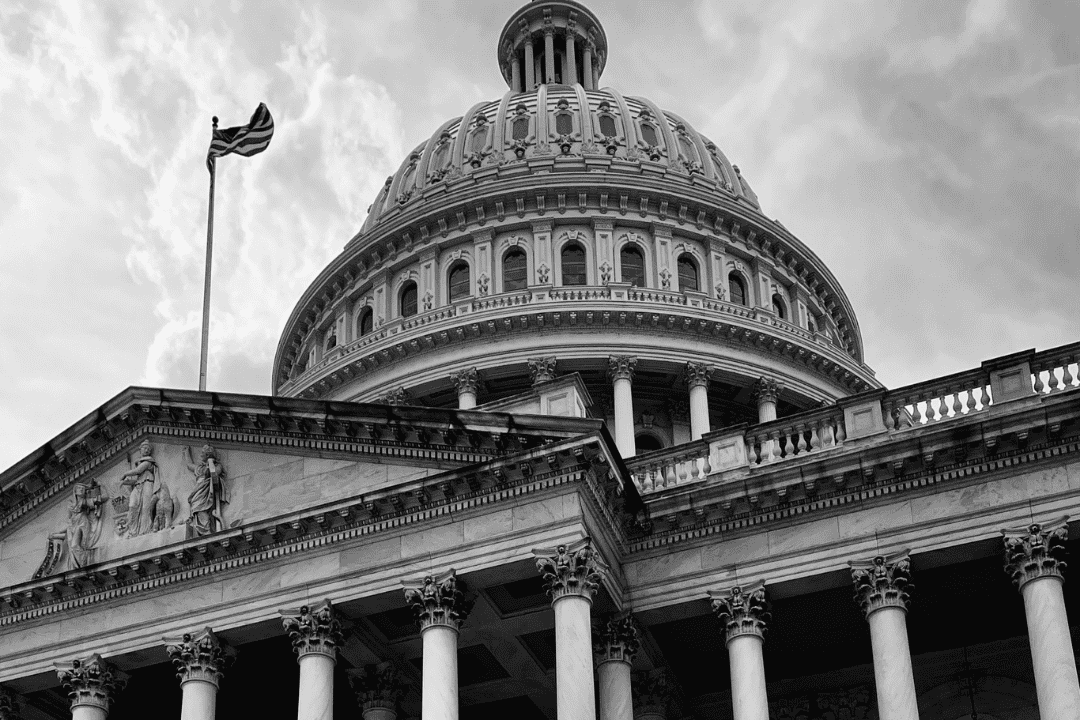The UK is working on a crypto asset regulatory framework
The UK’s government aims to legislate for a regulatory cryptoasset framework by the end of July. The country aspires to become a global crypto hub. The UK plans to regulate a whole host of crypto asset activities such as running a crypto exchange, taking custody of customers’ assets, crypto staking, and other things.
Why is it relevant?
Once the regulation comes into life, businesses operating in the UK may face more compliance requirements. It will also have an impact on the new businesses expanding to or being established in the market. Becoming a global hub is an ambitious goal, however, considering that the UK is Europe’s fintech hub, it definitely is a reachable one.
Read more about the UK’s crypto regulations
EU’s AML regulation targeting large cash transactions and cryptocurrency firms
To fight money laundering and terrorist financing, the EU Parliament has adopted new laws strengthening the AML toolkit. The new law will make beneficial ownership data (including data going back at least 5 years) more accessible to certain entities with legitimate interests. Financial Intelligence Units (FIUs) will become more powerful when it comes to detecting and suspending illicit transactions. Enhanced due diligence laws will expand in reach to cover “top-tier professional football clubs involved in high-value financial transactions with investors or sponsors” starting in 2029. A new authority (AMLA) will be established in Frankfurt to supervise those new rules.
Why is it relevant?
The EU is constantly working on ensuring that financial institutions take steps to combat money laundering and other illicit activities. It’s interesting to see that besides strengthening the rules, the regulators are widening the reach to include new types of businesses.
Read more about EU AML regulations
FCA faces backlash from the industry after proposal to disclose businesses under investigation
Back in February, FCA announced new plans to disclose corporate investigations, earlier in the process, aiming to enhance transparency. Typically, such information was revealed after the investigation’s resolution. The industry bodies criticize this new approach saying it risks unfairness as naming the companies will send wrong signals to their potential stakeholders, investors, or clients. According to FCA, the proposal aims to deter wrongdoings, prove that the regulator is addressing misconduct and contribute to competitiveness.
Why is it relevant?
FCA’s approach aims to bring more transparency to the industry, encouraging whistleblowing and discouraging doing business with potentially risky entities. While many businesses could benefit from disclosed information and avoid risk, it brings the question of how severe the consequences would be for unrightfully “shamed’ companies.
More about the backlash against FCA
Taiwan to propose new laws to regulate crypto industry
Taiwan is making amendments to its law aiming to regulate the crypto industry and criminalize crypto firms that don’t comply with AML regulations. Proposed changes could impose up to 2 years of imprisonment for non-compliant firms. According to the new law, overseas businesses would be required to open local entities and apply for AML registration, or else they may face criminal penalties.
Why is it relevant?
Due to its strategic location, shipping trails, and role as an international trade hub, Taiwan is considered vulnerable to financial crimes, including money laundering. The authorities are taking steps to fight these activities proposing that offenders laundering money through crypto could face imprisonment of up to 5 years and fines of up to $1.5 million.
Kenya establishes a multi-agency group to work on crypto regulation
The Kenyan government is making efforts to establish crypto regulations aiming to address the concerns about money laundering and terrorist financing. The country has the highest cryptocurrency activity in the eastern part of Africa. In 2023, the government approved a bill that would impose taxation on crypto exchanges and wallets.
Why is it relevant?
It’s interesting to see developing countries taking steps to address illicit transactions through crypto. Initially, Kenya was rather skeptical about the matter, which makes the evolving approach even more interesting.
Read about crypto regulations in Kenya
The regulators ain’t resting. As more elaborate ways of money laundering are emerging, the regulatory bodies work hard to prevent illicit actions. Besides attempts to strengthen existing legislation, unregulated industries are also becoming regulated in different parts of the world.
We’re curious to see how this landscape is about to evolve. Stay tuned to get more updates soon or Book a demo to chat about your compliance needs.




.png)

